0096592223941
0096522088566
Pathways Training and Consulting

Arabic courses
- Home
- Categories
-
Leadership Training Courses

-
Management Training Courses

-
Human Resource , Training

-
Administration and Secretarial Training Courses

-
Finance, Accounting , Budgeting Training Courses

-
IT, Telecommunication , Networking Training Courses

-
Public Relations , communication skills Training Courses

-
Purchasing, Inventory , Contracts Training Courses

-
Customer Service, Sales , Marketing Training Courses

-
Petroleum, Oil , Gas Training Courses

-
Chemical, Mechanical Engineering Training Courses

-
Health, Safety, Security , Environment Training Courses

-
Maintenance Planning, Process Engineering , Instrumentation Training Courses

-
Project Management Training Courses

-
Energy, Electrical Engineering Training Courses

-
Construction, Civil Engineering , Asset Management Training Courses

-
- Download plans
- Cities
- About US
- Contact us
- Tailored Courses
- join us
- Home
- Categories
-
Leadership Training Courses

-
Management Training Courses

-
Human Resource , Training

-
Administration and Secretarial Training Courses

-
Finance, Accounting , Budgeting Training Courses

-
IT, Telecommunication , Networking Training Courses

-
Public Relations , communication skills Training Courses

-
Purchasing, Inventory , Contracts Training Courses

-
Customer Service, Sales , Marketing Training Courses

-
Petroleum, Oil , Gas Training Courses

-
Chemical, Mechanical Engineering Training Courses

-
Health, Safety, Security , Environment Training Courses

-
Maintenance Planning, Process Engineering , Instrumentation Training Courses

-
Project Management Training Courses

-
Energy, Electrical Engineering Training Courses

-
Construction, Civil Engineering , Asset Management Training Courses

-
- Download plans
- Pages








